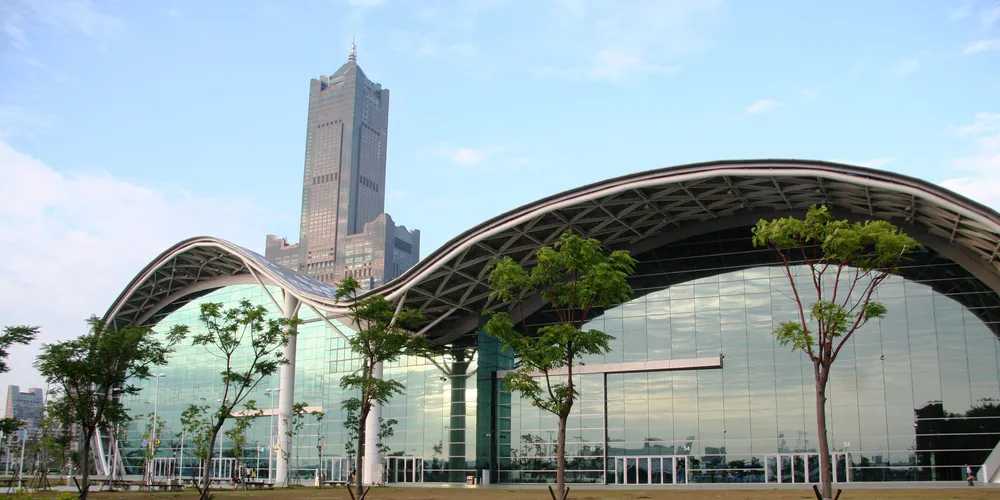Taiwan 2015 show blog: Taiwan’s fishing industry calls for ‘flexibility’ on EU yellow card
Click back here to get all the IntraFish news from the first Taiwan International Fisheries and Seafood Show.

Click back here to get all the IntraFish news from the first Taiwan International Fisheries and Seafood Show.
